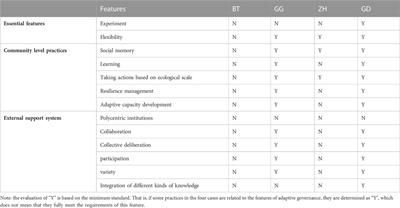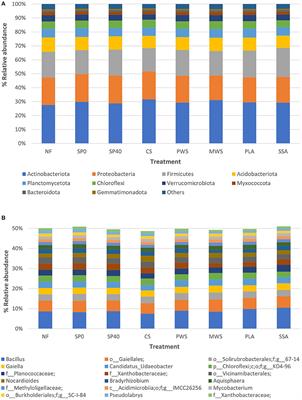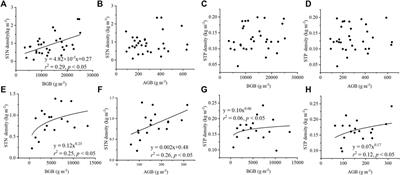ORIGINAL RESEARCH
Published on 23 Feb 2023
Land use and adaptive governance under climate change: Analysis of four cases in pastoral areas of China

doi 10.3389/fenvs.2023.922417
- 1,137 views
- 3 citations
3,304
Total downloads
18k
Total views and downloads
ORIGINAL RESEARCH
Published on 23 Feb 2023

ORIGINAL RESEARCH
Published on 29 Jun 2022

ORIGINAL RESEARCH
Published on 15 Jun 2022

ORIGINAL RESEARCH
Published on 05 May 2022

ORIGINAL RESEARCH
Published on 09 Mar 2022

ORIGINAL RESEARCH
Published on 04 Mar 2022

ORIGINAL RESEARCH
Published on 01 Feb 2022

